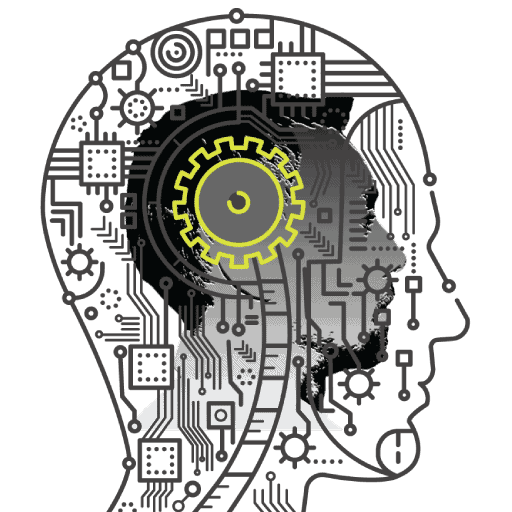On Politics
“Politics is the process of how resources are allocated in human society.”
Dialogue is the foundation of functional politics. I write and speak to begin and promote dialogue in politics. Philosophy is intertwined. I stand firmly against anti-politics.
I believe in a future of transparency and justice through data and dialogue. I choose the topics less traveled and reach to show the perspectives avoided in the mainstream frenzy. I welcome your dialogue. It takes all kinds.
I’ve included my philosophy of politics, motivators, and my political travels below, including the Theory of Adaptive Politics, the Nine Dots Prize paper that generated the hypothesis— and my own run for political office.


In 2021, I ran for office. It was a tremendous challenge to my ego, my resolve, and forced me to refine and test my theories. I knocked on thousands of doors, walked hundreds of miles, spoke to more than 10,000 people, and went deep with hundreds of them. Practicing dialogue at the scale of public office is impossible to sustain, but it proved that change and real, productive dialogue and policy is possible. I recorded my travels and conclusions in My Field Notes.
I believe in Adaptive Politics
My decision to run for office came after a long series of interactions where I practiced my theory of Adaptive Politics (including my Roadtrip American project).
I believe there is a way for us to practice dialogue, to be clear and rational in defining need and impact, to decide what success means and to be honest when policy is needed or is not working.
I believe we can adapt, through real politics, together.
I have written the short, idealized philosophy of Adaptive politics in three documents, linked below:

Origins: The Nine Dots Prize
Every year, the Nine Dots Council asks a critical question affecting society for anyone willing to attempt an answer. Winners are required to fully detail their solution in a book.
In 2016, they asked “Are digital technologies making politics impossible?”
My answer (a solid “No”) led me to propose a new Adaptive Process for Dialogue between people at odds and driven to believe they could not communicate by polarized media:
Trust ➟ Cognitive Empathy ➟ Compassion
Below are my ideas for how to create productive politics from the positive use of technology as a tool, including developing a C.A.T. (Compassion Adaptive Technology) and my plans for testing the process and tech with real people.
I have linked to the documents I wrote in 2016-17, as precursors to the Theory of Adaptive Politics:
the Summary Response, the outline for the book to test the solution, and my justification for writing the book if I were awarded the prize.
Related Articles
Related
The Richest Man in Babylon by George S. Clason
The flight attendant lit up and actually spoke when he saw I was reading Paulo Coelho's The Alchemist. He had gone through everything, from the safety instructions in the aisle, to drink orders, using only hand signals. I thought he may have been an ASL signer and...
Three Women by Lisa Taddeo
It took Lisa Taddeo eight years and six trips across the US to write and connect the raw stories of three different women—three people spread across a spectrum of age, class, and philosophy. It is the examination through testimony of events more common than we like...
Caste: The Origins of Our Discontents by Isabel Wilkerson
My copy of Caste is covered in notes and questions. Nearly every page has a question, or a note of a contradiction. Her work is thoughtful, bold, and at the same time, confounding. The classism and elitism in her conclusions is hard to hear. The reduction of...
Join
Subscribe,
if you’re feeling it
Every now and then, you’ll receive a new story, manifesto, or update to something worth hearing about in the world—and what I’ve learned from it.
I plan to keep writing. You’ll hear it first.

